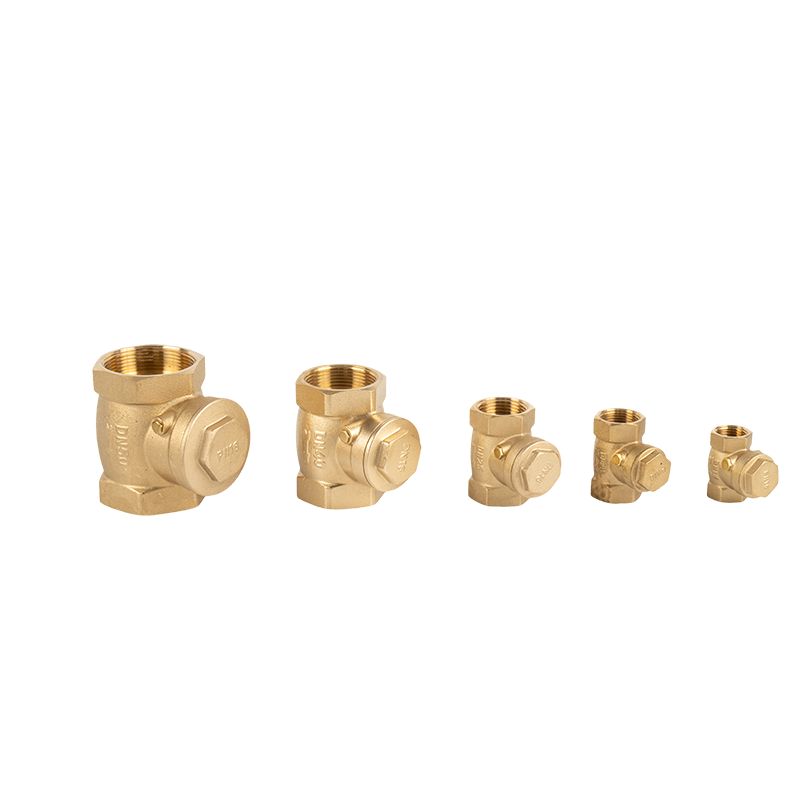How Long Does a Brass Check Valve Typically Last
2025-08-20
As an industry professional with decades of experience, I often get asked about the lifespan of a Brass Check Valve. It’s a critical question for anyone depending on reliable fluid control. The straightforward answer is that a well-made Brass Check Valve can last anywhere from 10 to 20 years—or even longer—under ideal conditions. However, its longevity isn't just about time; it's a direct result of material quality, operating conditions, and proper installation.
At Hongxiang, we engineer our valves for maximum durability. The lifespan of your valve hinges on several key factors:
-
Material Quality: High-grade, lead-free brass offers superior corrosion resistance.
-
Operating Pressure & Temperature: Consistently operating near the valve’s limits will shorten its life.
-
Fluid Type: Valves handling water will last far longer than those used with aggressive chemicals.
-
Cycle Frequency: How often the valve opens and closes affects mechanical wear.
-
Water Hammer: Severe pressure surges can damage the internal mechanism instantly.
To understand the specs that contribute to this longevity, review the critical parameters of a typical Hongxiang valve:
| Parameter | Specification Range | Impact on Lifespan |
|---|---|---|
| Pressure Rating (PSI) | 150 - 600 PSI | A higher rating provides a safety margin, reducing stress. |
| Temperature Range | -20°F to 350°F | Suitable for most hot and cold water applications without degradation. |
| End Connection | NPT, Socket Weld | A secure connection prevents leaks and failure points. |
Brass Check Valve FAQ
What are the signs that my brass check valve is failing?
Common indicators include reduced or inconsistent flow, audible chattering or hammering noises, visible leaks around the body, and the most definitive sign: reverse flow or backflow occurring in the system.
Can a failing brass check valve be repaired, or must it be replaced?
While some components like seals can occasionally be replaced, we almost always recommend a full valve replacement. Internal wear on the disc and body is often not repairable, and installing a new, reliable Hongxiang valve ensures system integrity and avoids costly downtime.
Why does water hammer occur with a brass check valve?
Water hammer—a loud banging noise—often happens when a check valve closes too quickly after a pump stops, causing a pressure wave to slam through the pipes. This is typically a sign of a missing spring assist or that the valve is not suited for the specific application's flow characteristics.
Your system’s reliability shouldn’t be left to chance. For a detailed consultation tailored to your specific operational environment and to ensure you install a valve built to last, contact us today. Let the experts at Hongxiang provide you with a durable solution.



